FM attends Adriatic-Ionian Council
Foreign Minister Vuk Jeremić is today attending the 12th meeting of the Adriatic-Ionian Council in Ancona, Italy.
Wednesday, 05.05.2010.
10:27

Foreign Minister Vuk Jeremic is today attending the 12th meeting of the Adriatic-Ionian Council in Ancona, Italy. He joined his colleagues from other member countries, which include Albania, Bosnia-Herzegovina, Montenegro, Greece, Croatia, Slovenia and Italy. FM attends Adriatic-Ionian Council Jeremic told the gathering today that he believes that there has never been a more opportune moment for the nations of the Balkan region to sincerely come together, as partners, in peace and reconciliation, and create a better, more inclusive era for all in a free and united Europe. “Serbia is absolutely committed to joining with its two key Balkan neighbors - Croatia and Bosnia-Herzegovina - in working to attain comprehensive reconciliation and lasting stability,” Jeremic said addressing the participants of the conference. "This will take vision and courage. But it mustn't take time. Too much of it has already been wasted, and too many are still held hostage by the burdens and divisions of the past," he added. Jeremic stressed that the vicious circle must be broken and that divesting the three nations of mutual recriminations should become the focal point of the work. "We mustn't ever forget our history, but equally, we mustn't ever allow it to circumscribe our ability to achieve a peaceful and prosperous future for us all," the minister underscored. Pointing out that in terms of geography and heritage there is no doubt that the Adriatic and Ionian area represents the cradle of European civilization, Jeremic said that the paradox is all the greater that a subset of the Balkan region is the last part of European geography proper where integration remains incomplete in the face of outstanding issues. "Some have suggested that only limited progress in the Balkans is possible, that we suffer from a sort of 'Balkan disease' of too much history and no responsible leadership. Others have used the term 'Balkanization' to describe regional processes characterized by perennial political fragmentation, arbitrary injustice, and recurring warfare," the minister stressed. Jeremic said he believes that Serbia has a historical duty to fundamentally re-define the meaning of this term, and that the three countries that make up the pivotal Balkan triangle - Croatia, Bosnia and Serbia - have a particular obligation to lead in the drive for change. He said that this is undoubtedly a tall order, for the task at hand is to transform the very essence of the relationship between the three nations, as this is not only a policy priority, but a strategic and moral imperative. “We should be encouraged by the fact that things have been moving in the right direction of late,” Jeremic pointed out, adding that Serbia's bilateral relations with Croatia have begun to improve, despite profoundly different assessments of the 1991-95 conflict. According to Jeremic, the most profound and complicated challenge facing the Balkans is how to assure a better future for Bosnia-Herzegovina. "We are absolutely committed to Bosnia's sovereignty and territorial integrity, as we have made clear time and again," the minister emphasized. Addressing the conference of the Adriatic-Ionian Initiative, whose overall aim is to promote regional integration, Jeremic said that Serbia has taken great strides in the pursuit of full reconciliation. The meeting in Ancona is chaired by Italy's Foreign Minister Franco Frattini. The event is part of the initiatives Italy has started in the past year and a half when it comes to supporting the Western Balkan countries in their EU integration, the Italian Embassy in Belgrade announced. The Adriatic-Ionian Initiative was formed in Ancona 10 years ago, on May 20, 2000, and it comprises seven countries that possess a part of the Adriatic or Ionian coast: Albania, Bosnia-Herzegovina, Montenegro, Greece, Croatia, Italy and Slovenia, while Serbia is a member according to the principle of membership succession.
FM attends Adriatic-Ionian Council
Jeremić told the gathering today that he believes that there has never been a more opportune moment for the nations of the Balkan region to sincerely come together, as partners, in peace and reconciliation, and create a better, more inclusive era for all in a free and united Europe.“Serbia is absolutely committed to joining with its two key Balkan neighbors - Croatia and Bosnia-Herzegovina - in working to attain comprehensive reconciliation and lasting stability,” Jeremić said addressing the participants of the conference.
"This will take vision and courage. But it mustn't take time. Too much of it has already been wasted, and too many are still held hostage by the burdens and divisions of the past," he added.
Jeremić stressed that the vicious circle must be broken and that divesting the three nations of mutual recriminations should become the focal point of the work.
"We mustn't ever forget our history, but equally, we mustn't ever allow it to circumscribe our ability to achieve a peaceful and prosperous future for us all," the minister underscored.
Pointing out that in terms of geography and heritage there is no doubt that the Adriatic and Ionian area represents the cradle of European civilization, Jeremić said that the paradox is all the greater that a subset of the Balkan region is the last part of European geography proper where integration remains incomplete in the face of outstanding issues.
"Some have suggested that only limited progress in the Balkans is possible, that we suffer from a sort of 'Balkan disease' of too much history and no responsible leadership. Others have used the term 'Balkanization' to describe regional processes characterized by perennial political fragmentation, arbitrary injustice, and recurring warfare," the minister stressed.
Jeremić said he believes that Serbia has a historical duty to fundamentally re-define the meaning of this term, and that the three countries that make up the pivotal Balkan triangle - Croatia, Bosnia and Serbia - have a particular obligation to lead in the drive for change.
He said that this is undoubtedly a tall order, for the task at hand is to transform the very essence of the relationship between the three nations, as this is not only a policy priority, but a strategic and moral imperative.
“We should be encouraged by the fact that things have been moving in the right direction of late,” Jeremić pointed out, adding that Serbia's bilateral relations with Croatia have begun to improve, despite profoundly different assessments of the 1991-95 conflict.
According to Jeremić, the most profound and complicated challenge facing the Balkans is how to assure a better future for Bosnia-Herzegovina.
"We are absolutely committed to Bosnia's sovereignty and territorial integrity, as we have made clear time and again," the minister emphasized.
Addressing the conference of the Adriatic-Ionian Initiative, whose overall aim is to promote regional integration, Jeremić said that Serbia has taken great strides in the pursuit of full reconciliation.
The meeting in Ancona is chaired by Italy's Foreign Minister Franco Frattini.
The event is part of the initiatives Italy has started in the past year and a half when it comes to supporting the Western Balkan countries in their EU integration, the Italian Embassy in Belgrade announced.
The Adriatic-Ionian Initiative was formed in Ancona 10 years ago, on May 20, 2000, and it comprises seven countries that possess a part of the Adriatic or Ionian coast: Albania, Bosnia-Herzegovina, Montenegro, Greece, Croatia, Italy and Slovenia, while Serbia is a member according to the principle of membership succession.











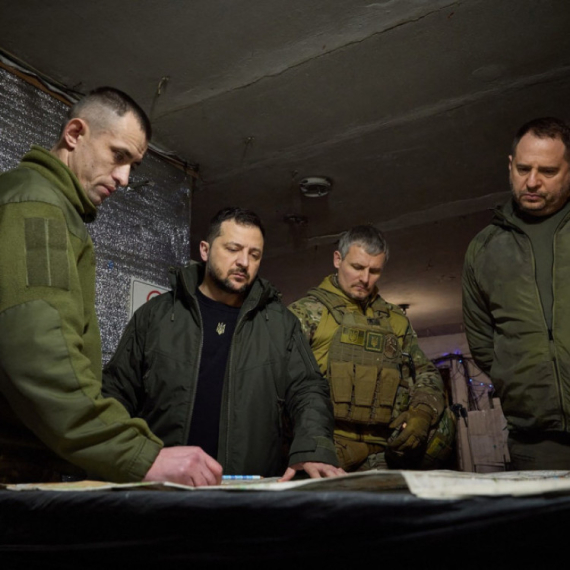
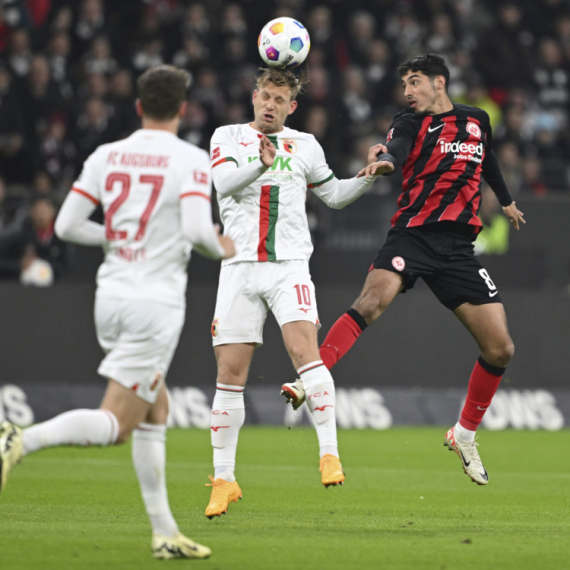


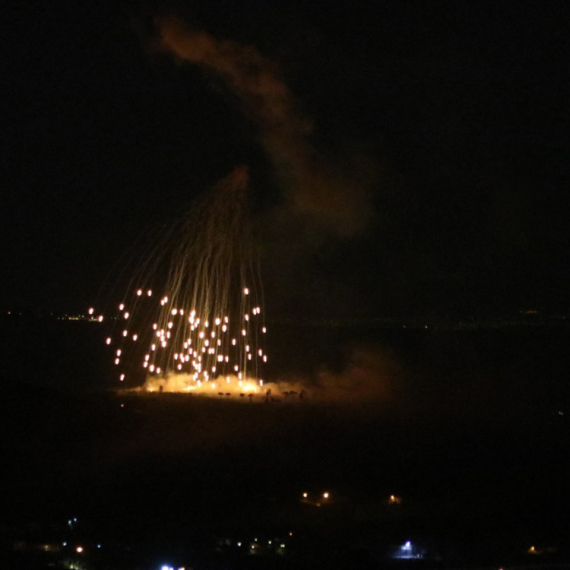
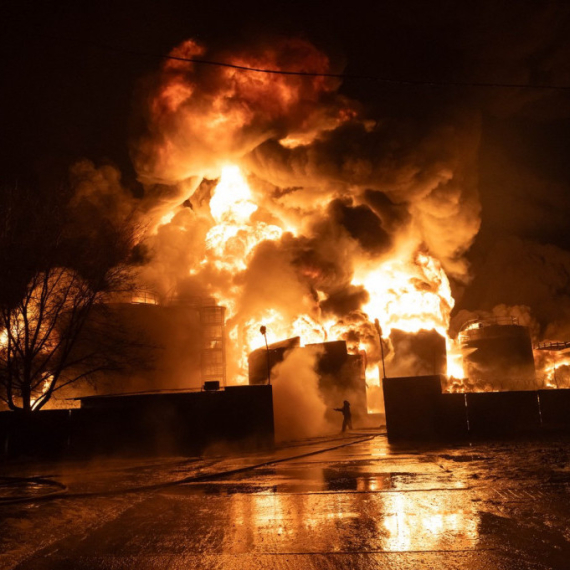
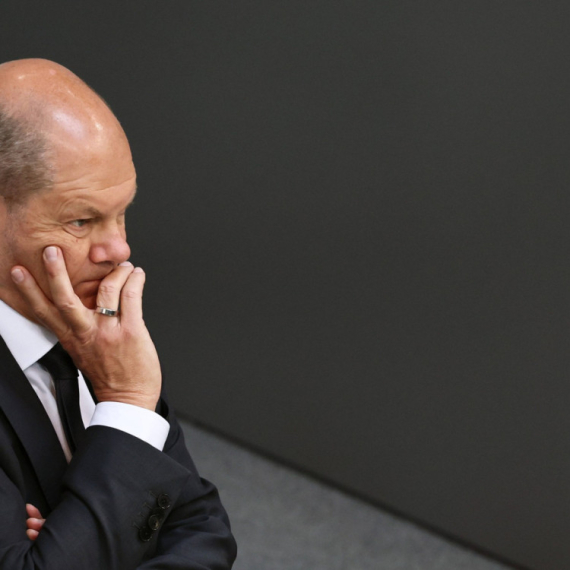
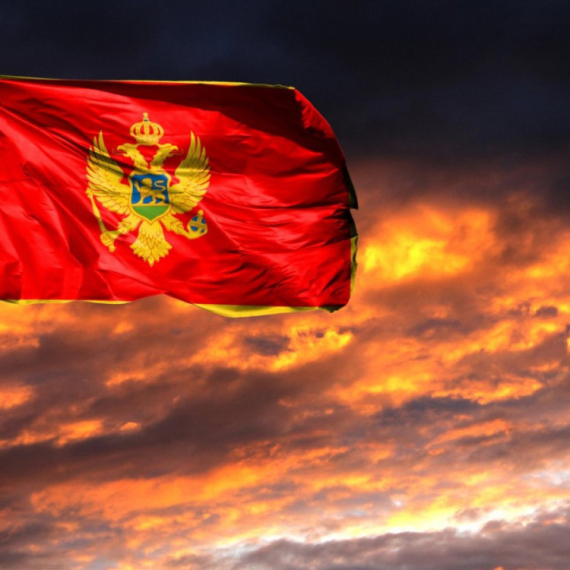









































Komentari 6
Pogledaj komentare